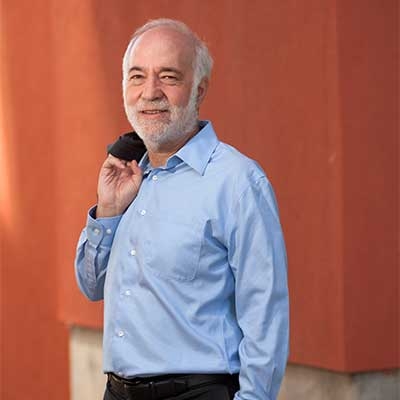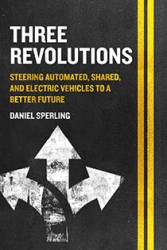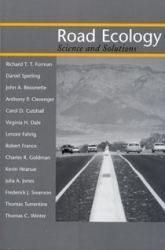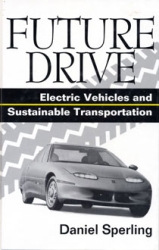
Daniel Sperling
Dr. Daniel Sperling is the Blue Planet Prize Distinguished Professor of Civil Engineering and Environmental Science and Policy and founding director of the Institute of Transportation Studies (ITS–Davis) at the University of California, Davis. He has held the transportation seat on the California Air Resources Board since 2007 (appointed by Governors Arnold Schwarzenegger and Jerry Brown) and served as Chair of the Transportation Research Board of the National Academies in 2015-16. Among his many prizes are the 2013 Blue Planet Prize from the Asahi Glass Foundation for being "a pioneer in opening up new fields of study to create more efficient, low-carbon, and environmentally beneficial transportation systems." He served twice as lead author for the IPCC (sharing the 2007 Nobel Peace Prize), has testified 7 times to the U.S. Congress, and provided 40 keynote presentations in the past five years. He has authored or coauthored over 250 technical papers and 12 books; is widely cited in leading newspapers; has been interviewed many times on NPR, including Science Friday, Talk of the Nation, and Fresh Air; and in 2009 was featured on The Daily Show with Jon Stewart.



